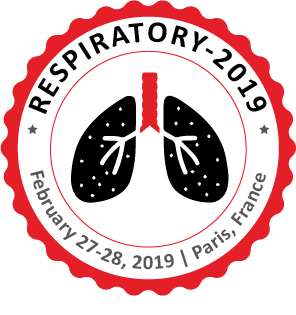
Richard W. Light
Professor
Vanderbilt University
Nashville
Biography
Dr. Richard W. Light received his undergraduate degree from the University of Colorado in 1964 and his M.D. from Johns Hopkins University in 1968. He trained in Internal Medicine at Johns Hopkins Hospital 1968-1970, and completed a Pulmonary Fellowship at Johns Hopkins Hospital in 1972. After serving in the US Army for two years, Dr. Light accepted his first academic appointment at Louisiana State University in Shreveport, Louisiana. He then spent nearly 20 years at the University of California Irvine where his positions included chief of the pulmonary diseases section and associate chief of staff at the Veterans Administration Hospital in Long Beach. Dr. Light is presently Professor of Medicine at Vanderbilt University in Nashville, Tennessee. Dr. Light is best known for his research on pleural disease. He developed Light’s criteria for the separation of transudates and exudates in 1972. Subsequently, he has published many papers concerning the pathogenesis, diagnosis and management of pleural disease. Dr. Light is the editor of 16 books of which the two most famous are the single authored monograph Pleural Diseases which is now in its sixth edition and The Textbook of Pleural Disease which he edits in conjunction with Dr. YC Gary Leed which is now in its third edition. Dr. Light has now been an author on more than 450 articles and has spoken in 57 countries.
Research Interest
Allergy, Pulmonary, and Critical Care Medicine, Use of transforming growth factor beta to produce a pleural effusion Studies of the characteristics of pleural fluid with different diseases, Development of a model of empyema in the rat, Relationship between pulmonary hypertension and the presence of pleural effusions

